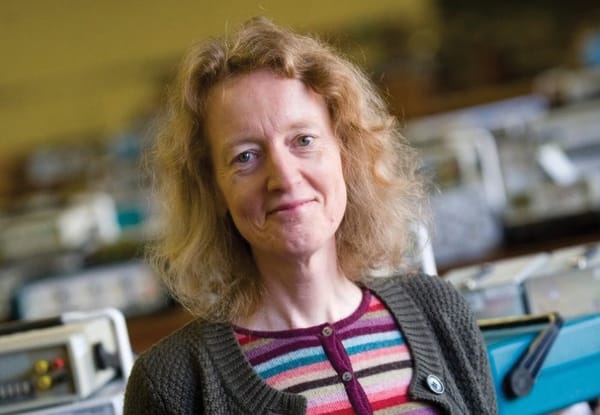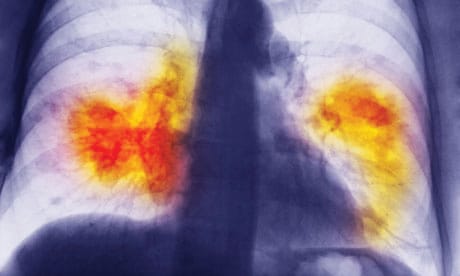Not the bees! Not the bees! Neonicotinoid ban comes with a sting
Laura Kor finds the link between bees, pesticides, and people waving dusters at trees

The European Union has voted in favour of a ban on neonicotinoids, the most widely used pesticide in the world. However, with fierce behind-the-scenes campaigns and passionate lobbying from all parties involved, this result was by no means easily decided. So why have neonicotinoids been banned? How much will this help honey bee populations? And why does it matter to us?
Neonicotinoids were developed to effectively kill unwanted insects on crops while being harmless to humans and other mammals. However, whilst their use across the world has increased over recent decades, honey bee numbers have plummeted. This does not seem to be a coincidental correlation; several high profile scientific studies have linked neonicotinoids to the decline of honey bees. A paper published in Science last year found that exposure to the insecticide caused an 85% reduction in the production of queen bees, which are crucial to establish new colonies.
This is vitally important as bees do so much more than make honey – they are estimated to pollinate a third of the food we eat. A much quoted remark states that: "If the bee disappeared off the surface of the globe, man would only have four years of life left. No more bees, no more pollination, no more plants, no more animals, no more man." Though there is a lack of consensus over who actually said this, let alone how accurate a prediction it is, its foreboding vision indicates just how instrumental bees are to life as we know it.
In Hanyuan County, China, where bees have already been wiped out by the use of pesticides, farmers have resorted to employing people to hand pollinate pear trees with feather dusters and paint brushes. Friends of the Earth have estimated that to do this for crops in the UK would cost £1.8bn a year, a sum which would no doubt be reflected in the price of food.
No more bees, no more pollination, no more plants, no more animals, no more man
With a 53% fall in managed British bee colonies since 1985 mirroring similar drops worldwide, declining pollinator populations have been identified as a serious risk to global food production – the last thing we need with an ever-growing human population to feed. Therefore falling bee numbers represent not only a conservation issue, but also a serious economic and social issue.
But how far will the ban on neonicotinoids go to reversing this alarming trend? The short answer is, we do not know. There is no general agreement on the cause of the worldwide collapse in honey bee colonies. Instead, the phenomenon (termed colony collapse disorder in the USA), has also been attributed to a range of other factors which include habitat loss, increasing numbers of parasites and levels of air pollution.
With this uncertainty in mind, it may seem strange that aban on the most widely used insecticide has been put in place – especially when faced with arguments from chemical companies and UK ministers that this could negatively impact food production through an increase in pest levels. However, the precautionary principle is supposed to underlie environmental regulation.
This means that even without scientific consensus, there is a responsibility to protect the public or environment from harm if a plausible risk is found. Perhaps the very fact that this issue has ignited such passionate lobbying from both sides illustrates how the humble honey bee is not only important environmentally, but is also instrumental economically and socially – we must do everything possible to protect pollinators while we still can.









